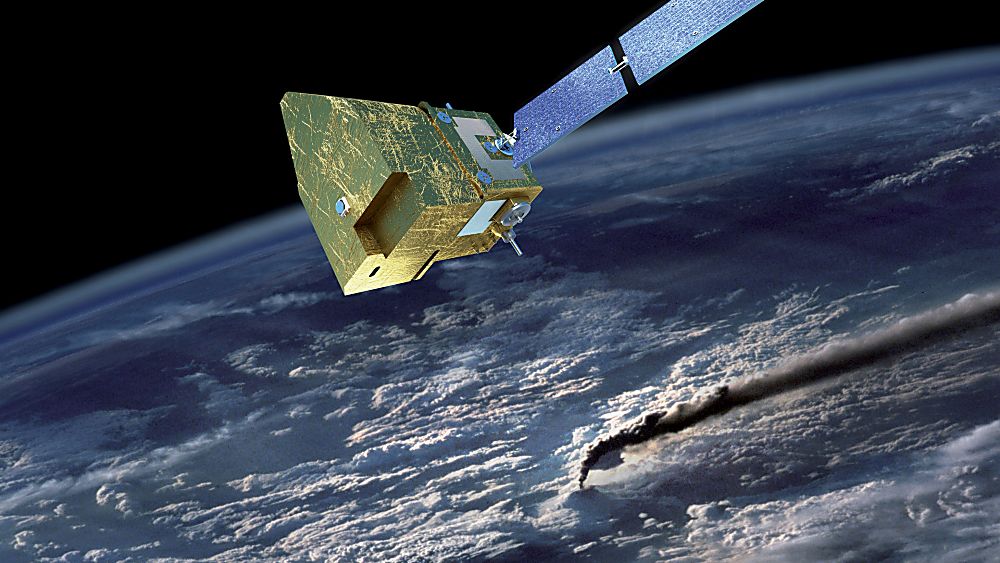Demande d’adhésion
-
Avez-vous un statut de droit français ?
-
Avez-vous 2 ans d'exercice plein ?
-
Avez-vous 1 site industriel basé sur le territoire français (conception, fabrication ou maintenance) ?
-
Les activités aéronautiques et spatiales sont-elles une activité stratégique de l'entreprise ?
Vous correspondez aux critères du GIFAS
Renseignez vos informations afin que nous puissions vous contacter.
Demande d’adhésion
Merci !
Nous avons bien pris en compte votre demande. Nous prendrons contact avec vous dans les meilleurs délais.
notre dernière actualité

Industry
2 November 2022
Reception in Paris of a delegation from SIDM - 02/11/2022
🚀 [India - France] GIFAS received a delegation from the Society of Indian Defence Manufacturers in partnership with the Confederation of Indian Industry on Tuesday 2 November in Paris.
Demande d’adhésion
Malheureusement, votre réponse à la question :
- « Avez-vous 2 ans d'exercice plein ? »
ne correspond pas aux exigences des statuts du GIFAS. Nous vous invitons à renouveler votre demande.
Restez informé de l’actualité
notre dernière actualité

Industry
2 November 2022
Reception in Paris of a delegation from SIDM - 02/11/2022
🚀 [India - France] GIFAS received a delegation from the Society of Indian Defence Manufacturers in partnership with the Confederation of Indian Industry on Tuesday 2 November in Paris.
Souhaitez-vous faire une demande de préqualification pour être membre associé ?
Pourra être membre associé tout organisme/association dont l'objet est principalement lié aux activités aéronautiques et spatiales.
demande de membre associé
Renseignez vos informations afin que nous puissions vous contacter.
Demande d’adhésion
Merci !
Nous avons bien pris en compte votre demande. Nous prendrons contact avec vous dans les meilleurs délais.
notre dernière actualité

Industry
2 November 2022
Reception in Paris of a delegation from SIDM - 02/11/2022
🚀 [India - France] GIFAS received a delegation from the Society of Indian Defence Manufacturers in partnership with the Confederation of Indian Industry on Tuesday 2 November in Paris.


